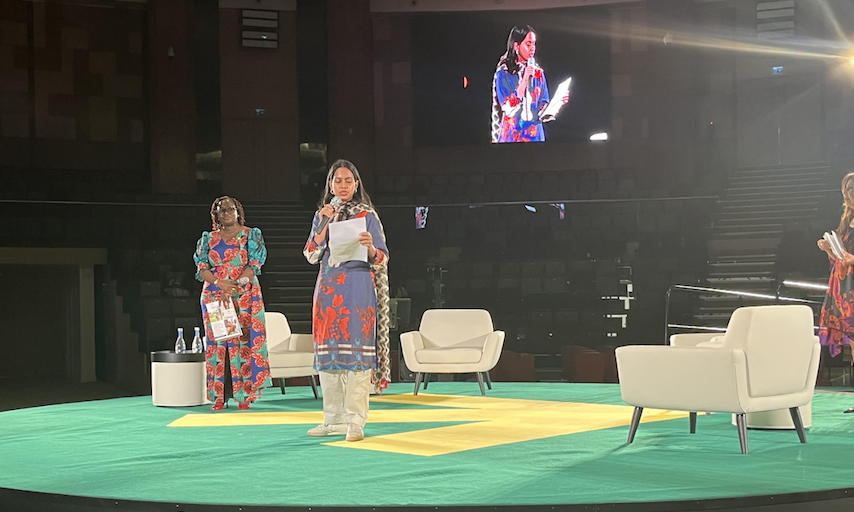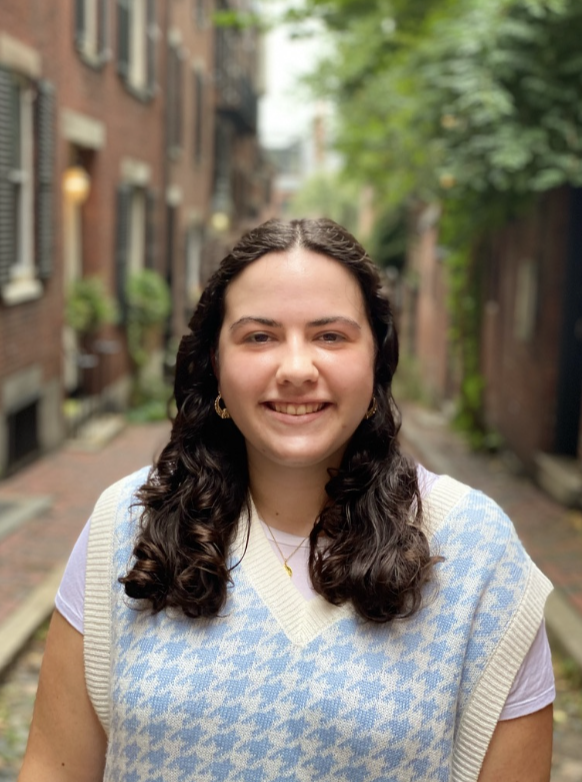2023 Kigali Declaration launched at the Women Deliver Pre-Conference

Kigali, Rwanda — On July 16th, the Catalyzing Global Action to End FGM/C Women Deliver Pre-Conference (of which Sahiyo as a part of the Global Platform for Action to End FGM/C was a co-host) saw the launch of the Kigali Declaration which called on funders to close the funding gap needed to end FGM/C amongst future generations. This declaration serves as an exercise of collective power from hundreds of activists, grassroots organizations, international NGOs, and academics, to highlight the urgent resourcing need for the End Female Genital Mutilation/Cutting sector. Specifically, this calls for accelerated investments and actions, with women-led organizations and the feminist movement at the center, for women and girls’ bodily autonomy and sexual and reproductive health and rights. It also includes a call for a global summit dedicated to funding the end of this harmful practice. The Declaration emphasizes the need to shift funding to grassroots organizations, and aims to mobilize donors and stakeholders to invest in the movement and bridge the funding gap: where only $4 available to avert each case of FGM/C, when $95 is required. By galvanizing support and resources, we can make significant strides in our efforts to end FGM/C. Read the 2023 Kigali Declaration here. Cover photo: Nabeela Iqbal reads out the Kigali Declaration on July 18th at a Women Delivery Plenary event
Volunteer spotlight: Editorial Intern Megan Seaver

Megan Seaver is an undergraduate student at Emmanuel College, pursuing a bachelor’s degree in writing, editing, and publishing, as well as minors in political science and gender studies. Throughout college she has been a part of student organizations, Her Campus and WGS, that help women to speak their truth and to support one another. She believes that being open to hearing the stories and experiences of all women will make it easier to create a safer and more accepting world for all people. What was your experience of learning about female genital cutting (FGC) for the first time like? It was primarily an educational experience, as I had little knowledge about FGC when I first started at Sahiyo. I had to look at the practice with an open mind and heart if I was to truly understand why FGC occurs, and therefore better serve the needs of survivors that work with Sahiyo. When and how did you first get involved with Sahiyo? I first became involved as an editorial intern back in April. I had seen the position posting on my school’s internship board and was attracted to the ways in which Sahiyo uses storytelling as a form of activism. What does your work with Sahiyo involve? My work involves editing blog posts for publication, reaching out to Sahiyo’s network with requests, like providing research for a blog or being part of an upcoming campaign. It also involves promoting Sahiyo’s blog and providing volunteers with prompts and topics to write about in posts. I have recently begun sending out weekly writing prompts to our volunteers to help encourage folks with the writing process. How has your involvement with Sahiyo impacted your life? It’s encouraged me to be more conscious of my privilege from a feminist perspective, and it’s also caused me to realize that the work I most enjoy doing is work that positively impacts people and their communities. What words of wisdom would you like to share with others who may be interested in supporting Sahiyo and the movement against FGC? Just because you are not directly affected by a problem does not mean you cannot be a part of the solution. Suffering and inequality against women and girls is something that affects all people, and therefore a woman’s problem is also everyone’s problem; that includes FGC.
